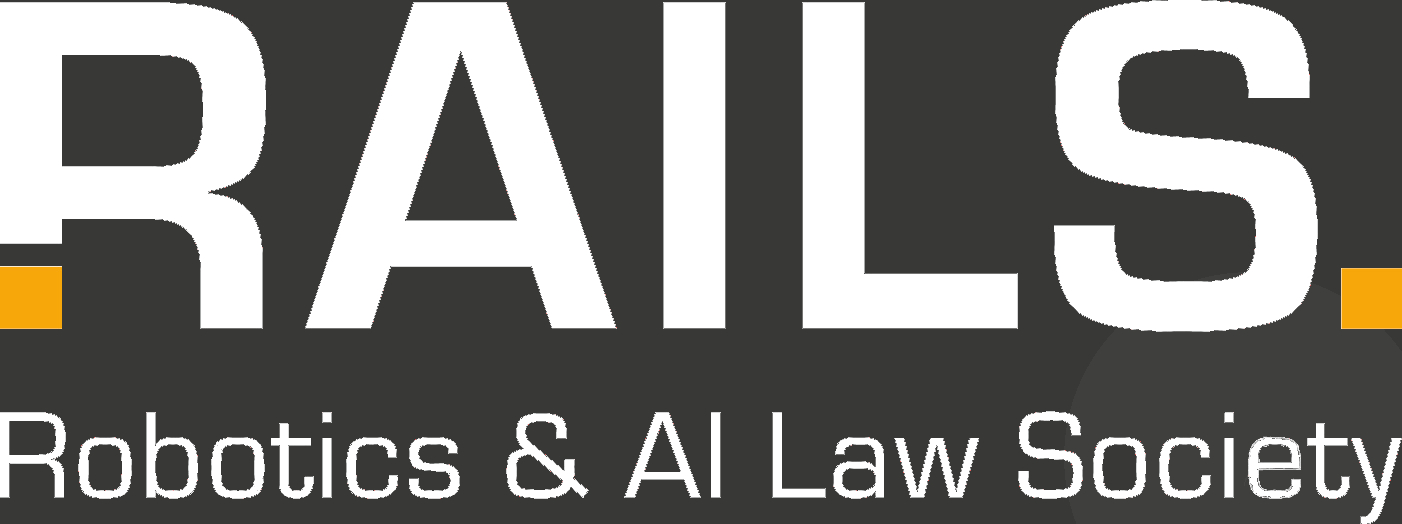There is a plethora of dystopic scenarios concerning humanity’s future in the age of Artificial General Intelligence (AGI). To prevent such scenarios, many — including politicians, legal scholars and IT…
Category: Blog-Beiträge
This article analyses the proposed US “Children Harmed by AI Technology Act” (CHAT Act), highlighting that its broad definition of “companion AI chatbots” could unintentionally regulate AI-powered video game characters.…
This article analyzes the case of Megan Garcia v Character Technologies Inc. & others, a recent landmark case before the Florida District Court. It focuses on three key legal questions:…
This article explores how the use of pricing algorithms challenges the applicability of Art. 101(1) and (3) TFEU which prohibits cartels and concerted practices that distort competition. The author analyses…
Article 5(1)(f) AI Act provides that “the placing on the market, the putting into service for this specific purpose, or the use of AI systems to infer emotions of a natural person…
Unfinished Architecture? Poland’s Draft Act on AI Systems – and the Struggle for Supervisory Clarity
The AI Act (Regulation 2024/1689) established EU-wide rules for AI systems. However, its effectiveness depends on oversight mechanisms that are particularly complex and intertwined. This blog post aims to examine…
This article explores the evolving legal landscape around AI training on copyrighted material in the United States, focusing on the principle that using lawfully obtained content in a transformative way…
“Vibe coding” – when AI generates entire software systems from natural language prompt – is the latest trend in tech. But as the EU’s new Cyber Resilience Act (CRA) rolls…
AI, according to a widespread narrative, knows no borders. But that is not true. The way AI is developed and used is increasingly shaped by diverging legal rules. And these…
